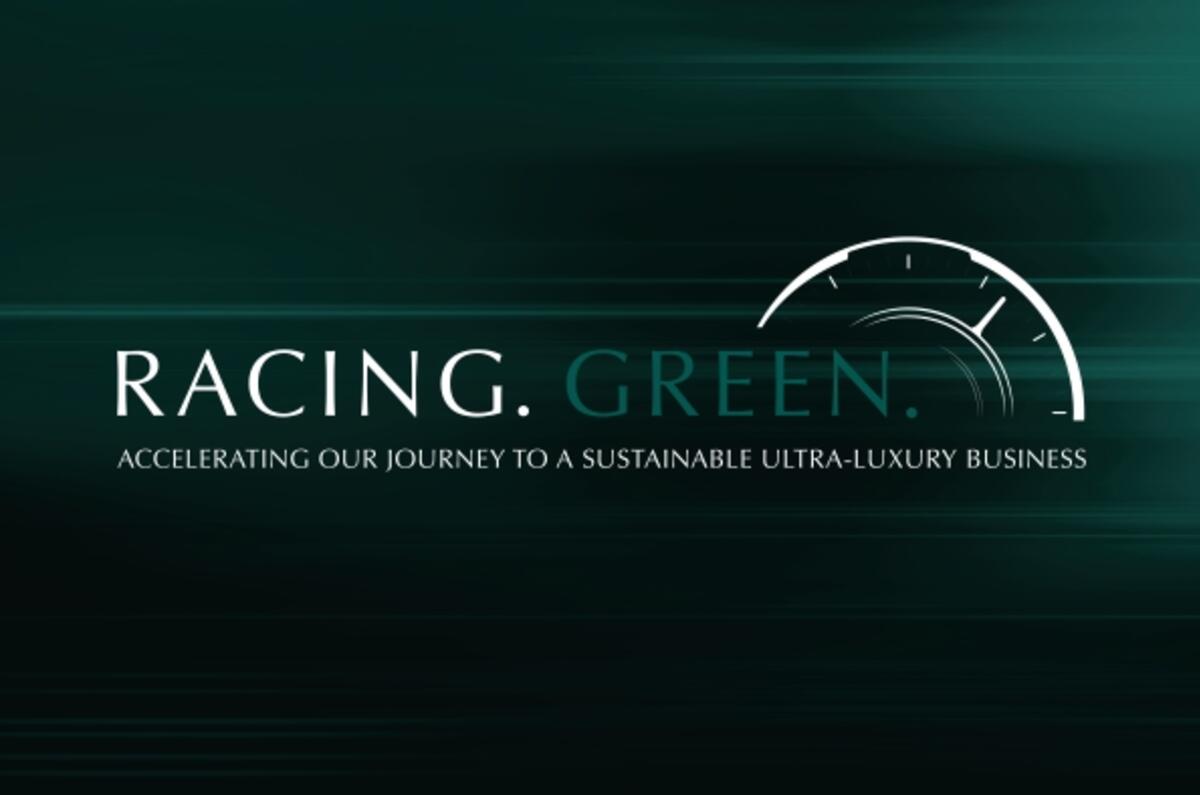Aston Martin has announced a new sustainability strategy to accelerate its move towards reaching net-zero emissions across its entire supply chain by 2039.
The strategy, named Racing Green, comes following Aston Martin’s membership of the Science Based Targets Initiative (SBTI), which sets emissions-reduction targets using climate science data. It's also aligned with sustainable development goals set by the United Nations.







Add your comment